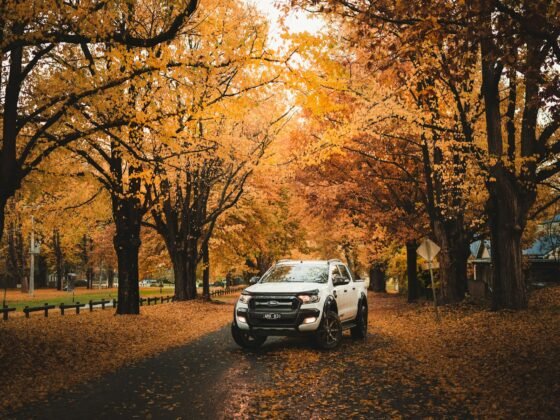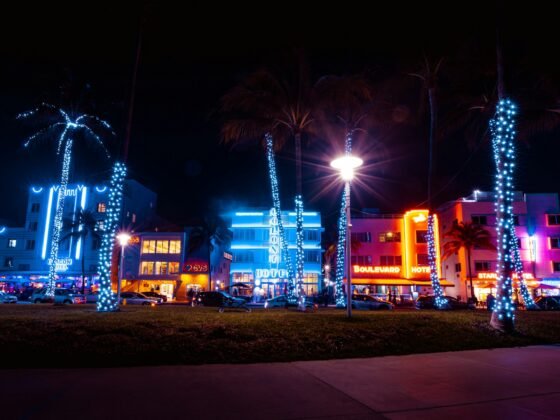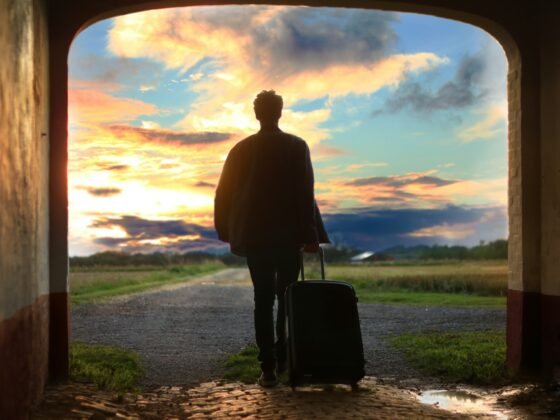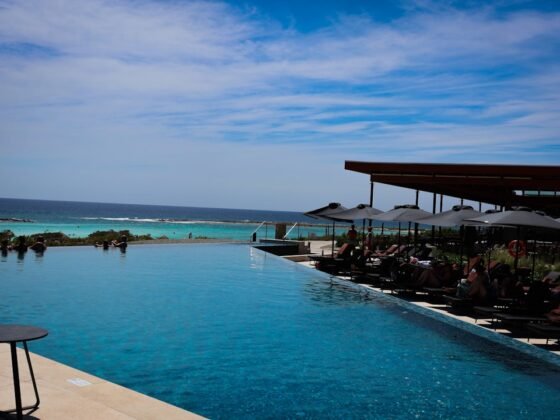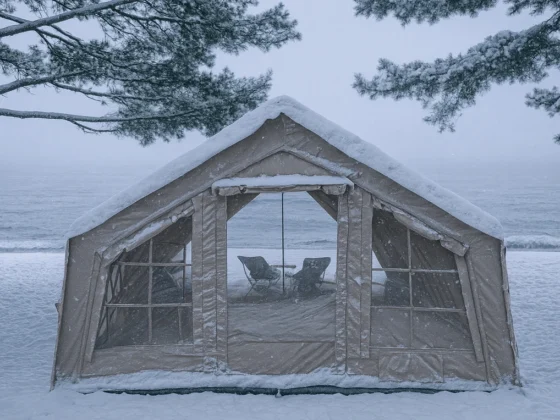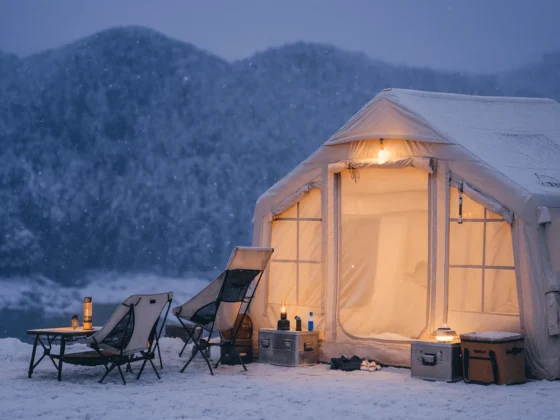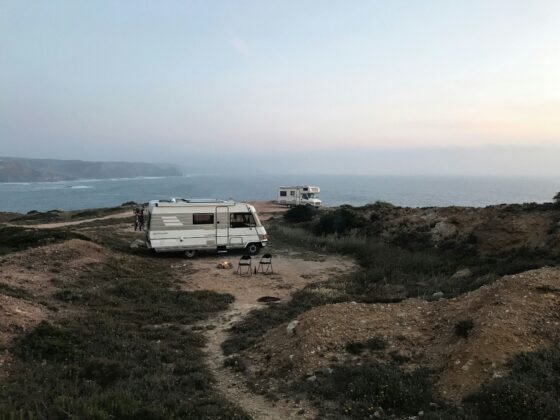Travel is one of life’s greatest pleasures—offering new experiences, cultures, and memories that last a lifetime. But as any seasoned traveler will tell you, a trip can quickly turn stressful if the money side isn’t well planned.

Photo by Tima Miroshnichenko, Pexels
Budgeting is key to making your holiday not just enjoyable but financially comfortable, whether you’re backpacking through Europe or taking a luxury beach getaway.
Let’s go through the essential principles of travel budgeting, helping you create a holiday budget that keeps your finances on track without sacrificing the fun and adventure you came for.
Understanding Why Budgeting Matters
Travel budgets are more than just numbers on a spreadsheet—they’re a framework that lets you travel with peace of mind. Knowing how much you can spend and where it’s going means fewer surprises and less financial anxiety.
Without a solid budget, travelers often find themselves overspending early in the trip, leaving little for the experiences that matter most later on.
But also being overly restrictive can make your trip feel less enjoyable and limit opportunities to explore.
The goal is balance: a flexible plan that reflects your priorities and keeps your finances healthy.
How to Start Building Your Holiday Budget
Creating a realistic budget starts with research and honest self-assessment. Here’s how to break down the process:
Define Your Travel Style and Goals
Are you a backpacker looking for budget hostels and street food? Or do you prefer mid-range hotels and dining out at restaurants? Perhaps your priority is cultural experiences and guided tours, or maybe relaxation on a beach is your focus.
Understanding what matters most to you helps you allocate funds effectively. For example, if food is a highlight, plan to spend more there and save on accommodations.
Photo by Marcus Loke on Unsplash
Choose Your Destination Wisely
Your budget will depend heavily on where you’re going. Some cities or countries have a reputation for being expensive (think Tokyo, New York, or London), while others offer more affordable options (like parts of Southeast Asia, Eastern Europe, or South America).
Research average daily costs for your destination, including accommodation, meals, transportation, and activities. Websites like Numbeo, BudgetYourTrip, or travel blogs provide helpful benchmarks.
Set a Total Budget and Daily Allowance
Once you have an idea of costs, set your total budget based on how much you can comfortably spend without jeopardizing your regular financial obligations.
Divide that total by the number of days you’ll be traveling to get a daily allowance. This figure will guide your spending choices and help you avoid burning through cash too quickly.
Key Categories to Include in Your Travel Budget
A well-rounded travel budget covers all major expenses, but also leaves a buffer for unexpected costs or spontaneous experiences.
Flights and Transportation
Airfare can be one of the biggest expenses, especially for long-haul or last-minute bookings. To save:
- Book flights early and be flexible with dates.
- Use flight comparison tools like Skyscanner or Google Flights.
- Consider nearby airports or multi-stop routes.
- Factor in local transport costs: taxis, public transit, car rentals, or rideshares.
Accommodation
Your choice of lodging affects your budget significantly. Options range from hostels, guesthouses, and Airbnb rentals to luxury hotels and resorts.
Consider:
- Booking accommodations with kitchen facilities to save on food.
- Staying slightly outside the city center for lower rates.
- Checking cancellation policies and including any service fees.
Food and Dining
Eating like a local often saves money and enhances the cultural experience.

Photo by Crystal Jo on Unsplash
Street food, markets, and casual eateries are great for budget travelers, while occasional splurges at restaurants can be part of the plan.
Budget for:
- Daily meals and snacks.
- Water and drinks—sometimes bottled water is necessary.
- Treat meals or special occasions.
Activities and Entertainment
Tours, museum entries, excursions, and nightlife add flavor to your trip but can also add up.
Prioritize:
- Must-see attractions or experiences.
- Free or low-cost activities like parks, walking tours, or cultural events.
- Discount passes or combo tickets.
Miscellaneous and Emergencies
Unexpected expenses happen, from medical needs to lost items or transportation strikes.
Set aside a “contingency fund” — generally 10-15% of your total budget — for these surprises.
Tips for Making Your Travel Budget Work in Practice
Track Your Spending Daily
Use budgeting apps or simple spreadsheets to log expenses as you go. This awareness helps you adjust plans if you’re overspending or find extra savings.
Use Cash Wisely and Know Fees
While cards are convenient, some places prefer cash. Withdraw enough money to cover daily needs but avoid carrying large sums.
Be mindful of ATM fees and currency exchange rates—use local banks when possible and consider prepaid travel cards.
Avoid Tourist Traps
Areas near major landmarks often charge premium prices for food, souvenirs, and services. Exploring side streets or neighborhoods can lead to better prices and authentic experiences.
Plan for Seasonal Variations
Prices can fluctuate wildly based on the season. Traveling off-peak can save money but be sure to research weather and local events.
Look for Deals and Discounts
Sign up for newsletters from airlines, hotels, and tour operators. Last-minute deals or early-bird offers can save you significant amounts.
How to Budget for Longer or Multi-Destination Trips
For extended travel, budgeting becomes a dynamic process:
- Break your trip into segments and set budgets for each.
- Monitor and adjust as you go, allowing for flexibility.
- Research local costs regularly, as prices vary even within regions.
If you’re hopping between countries, factor in visa fees, cross-border transportation, and different currency rates.
Budgeting Tools and Resources
Many digital tools simplify budgeting for travelers:
- Trail Wallet and Trabee Pocket: Track expenses easily.
- XE Currency: Real-time currency conversion.
- Mint or You Need A Budget (YNAB): For more detailed financial planning.
Using these apps helps avoid surprises and keeps your budget realistic and up-to-date.
Budgeting May Be a Path to Stress-Free Travel!
Creating and sticking to a travel budget isn’t about limiting your experience—it’s about empowering yourself to enjoy your trip fully without financial worry. Budgeting gives you control and confidence, helping you make intentional choices aligned with your travel goals.
Remember, the best trips often blend careful planning with spontaneous moments. Your budget should serve as a flexible guide, not a rigid constraint. With the right mindset and preparation, you can explore the world richly—no matter your financial starting point.
Image: Robert Bogdan, Pexels





